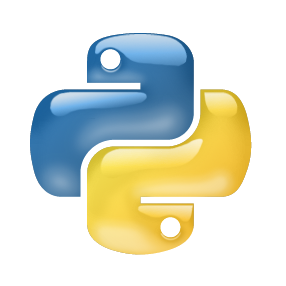Data-driven modeling is an approach in energy systems modeling that has been gaining popularity. In data-driven modeling, machine learning methods such as linear regression, neural networks or decision-tree based methods are being applied. While these methods do not require domain knowledge, they are sensitive to data quality. Therefore, improving data quality in a dataset is beneficial for creating machine learning-based models. The improvement of data quality can be implemented through preprocessing methods. A selected type of preprocessing is feature engineering, which focuses on evaluating and improving the quality of certain features inside the dataset. Feature engineering methods include methods such as feature creation, feature expansion, or feature selection. In this work, a Python framework containing different feature engineering methods is presented. This framework contains different methods for feature creation, expansion and selection; in addition, methods for transforming or filtering data are implemented. The implementation of the framework is based on the Python library scikit-learn. The framework is demonstrated on a case study of a use case from energy demand prediction. A data-driven model is created including selected feature engineering methods. The results show an improvement in prediction accuracy through the engineered features.
翻译:数据驱动模型是能源系统模型的一种方法,它越来越受欢迎。在数据驱动的模型中,正在应用机器学习方法,如线性回归、神经网络或基于决策树的方法。虽然这些方法不需要域知识,但它们对数据质量是敏感的。因此,提高数据集中的数据质量有利于创建基于学习的机器模型。改进数据质量可以通过预处理方法加以实施。选定的预处理类型是特征工程,重点是评估和改进数据集内某些特征的质量。特性工程方法包括特征创建、特征扩展或特征选择等方法。在这项工作中,提出了包含不同特征工程方法的Python框架。这个框架包含不同特性创建、扩展和选择的方法;此外,还实施了转换或过滤数据的方法。框架的实施以Python图书馆的scikit-learn为基础。框架的实施通过对能源需求预测中的使用案例进行案例研究加以示范。数据驱动模型的创建包括选定的特征工程方法。结果显示通过特征设计改进了预测的准确性。




